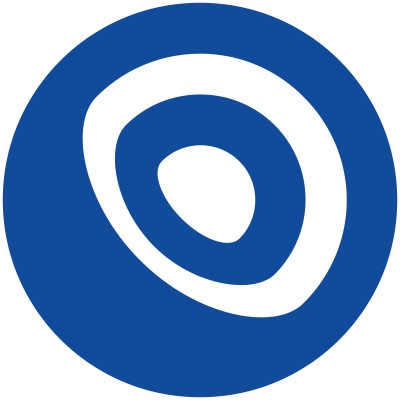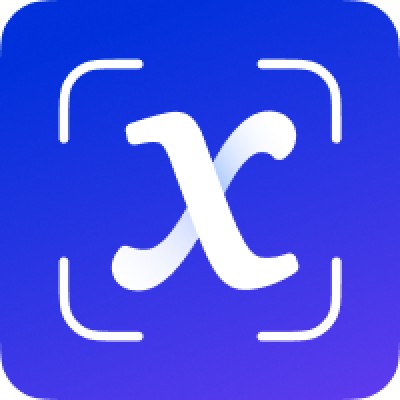
At Harmonic, we envision a future where mathematical reasoning transcends traditional boundaries, unlocking new dimensions of human knowledge and capability. Our mission is to create the world's most truthful and interpretable AI reasoning engine, elevating the way complex problems are understood and solved across disciplines.
We are advancing AI technology to deliver mathematically rigorous and verifiable outputs with Aristotle, our flagship reasoning model. By blending innovation with a dedication to correctness, we aim to transform education, research, and safety-critical software development, empowering users to explore and harness the deepest insights mathematics has to offer.
Harmonic exists to build a future where AI and human intellect collaborate seamlessly, fostering a new era of discovery and learning with tools that uphold the highest standards of accuracy and trust.
Our Review
We'll be honest — when we first heard about Harmonic, we were skeptical. Another AI startup promising to revolutionize mathematics? But after digging into what Tudor Achim and Robinhood's Vlad Tenev have built, we're genuinely impressed.
Their flagship product, Aristotle, just achieved gold medal-level performance at the 2025 International Mathematical Olympiad. That's not just marketing fluff — it's a verifiable benchmark that puts this AI in rarified air.
What Makes Aristotle Different
Here's where Harmonic gets interesting: they're not just building another ChatGPT for math. Aristotle is designed for formal mathematical reasoning with verifiably correct outputs — meaning no hallucinations, no confident-sounding wrong answers.
We've seen too many AI tools that sound smart but fumble basic logic. Harmonic's approach of building a "mathematical reasoning engine" feels like they're actually solving the reliability problem that plagues most AI math tools.
The Funding Story Tells a Tale
When a company raises $100 million in Series B funding at an $875 million valuation — led by Kleiner Perkins, no less — investors clearly see something special. That kind of backing suggests Harmonic isn't just another AI experiment.
The fact that Vlad Tenev, who built Robinhood into a fintech giant, is co-founding this venture adds serious credibility to their execution potential.
Who Should Pay Attention
Educational institutions should definitely watch this space. If Harmonic can deliver on their promise to "change how math is taught," we could see a fundamental shift in STEM education.
For enterprises in software engineering, physics, and statistics, the upcoming API could be a game-changer — especially in safety-critical domains where mathematical precision isn't optional. We're curious to see how they price and position this for enterprise adoption.
Bottom line: Harmonic feels like one of the more serious attempts we've seen at building truly reliable AI for mathematical reasoning. The Olympic-level performance isn't just impressive — it's proof they might actually be onto something significant.
Feature
Advanced mathematical reasoning engine
Gold medal level performance in mathematical Olympiad
Hallucination-free, verifiable and interpretable AI outputs
API and web app for broad accessibility
Focus on verified software synthesis for safety-critical domains








